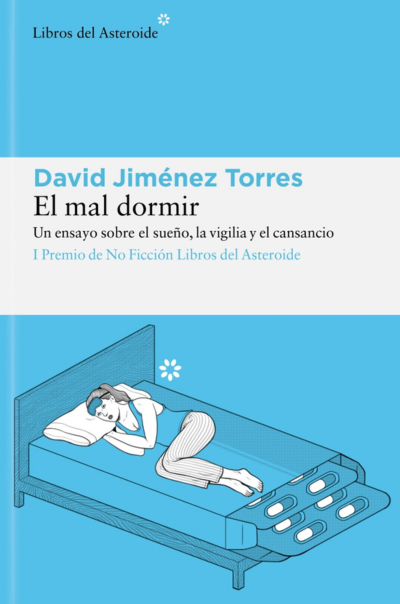Women’s employment quota, just as the European average
First of all, it must be remarked that the female employment quota is 46 percent of all the occupied population. This percentage is identical to the European average and shows that, despite the financial crisis, there is a clear trend toward femalization of the job market.
Participation rate goes up
Taking a look back in time and comparing today’s situation with that of Spain in the late 1970s, we observe that the evolution of the female participation rate in the job market is truly remarkable. In 1977 only 28 percent of women aged 25 to 54 had a job in the private or public sector. Today, this percentage reaches 63 percent.
Daughters are better paid than mothers
When approaching the issue of the gender pay gap between men and women, statistics must consider generations separately and adjust for age. By doing so, this gap is substantially lower in younger generations. Specifically, the gender pay gap is of 26 percent for professionals of over 55 years of age whereas it is 12 percent in the case of workers aged 25 to 34. In fact, if we analyse the latter, we observe that the gender pay gap in Spain below the EU average, and even lower than that of Finland or Denmark.
Gender pay gap and employers’ age
Nowadays, it is common to mistakenly point out that women earn 20 percent less than men despite having the same tasks. Evidently, were that to be true, it would be intolerable. However, this interpretation of the statistics is wrong. First, it is important to bear in mind that, on average, men work longer hours. According to the Constant Sample of Employers’ Lives, which crosses data with the Social Security and Tax Authority databases, men work 2334 hours annually whereas women work 1889 hours. That is, 23.6 percent fewer hours. Furthermore, the weight of temporary jobs for men is 4 percent, while it is 26 percent for women.
At the same time, it must be explained that the gender pay gap perspective does not compare employees in the same position, without distinguishing or disaggregating to adjust the sample according to the task performed. When these issues are not considered, we arrive to wrong conclusions. Therefore, we must try to have a fair approach to the numbers, contributing to the strengthening of women’s role in the job market.
Pay discrimination in perspective
The Ministry of Labour conducts daily inspections to safeguard the fulfillment of all legal obligations in terms of equality. When it comes to discrimination, in 2013 there were infractions in 1 percent of observed cases. Regarding access to employment gender discrimination, that percentage was 2 percent. This points out the widespread awareness on the issue of equality among Spanish employers.
For female (and male) employment: lower taxes
Civismo has long been advocating for policies that increase employment by reducing the tax burden on employment. It is important to bear in mind that the minimum social security contribution is 6 percent higher than the EU average (EU-15). This ranks Spain as the second country in Europe with the highest social security contributions, which in turn makes hiring very expensive, as the enterprise pays nearly 60 percent of it.
There must also be added the impact of indirect taxation on employees. This means that the fruits of one’s work are significantly reduced by taxes. That is the reason why, every year, Civismo releases a comprehensive report on Spain’s Tax Freedom Day. And the results are shocking: anyone with average gross salary of 24000 euros spends half a year to fulfill its tax duties. To end this madness and foster both female and male professional careers, Civismo advocates for a strong tax reduction on employment.
References
Annual Report of the Social Security and Labour Inspection (2013), Ministry of Labour
Gender Pay Gap Statistics (2016), Eurostat
Active Population Survey, Spanish National Statistics Institute
A tax framework for employment, Civismo
Tax Freedom Day 2015, Civismo






